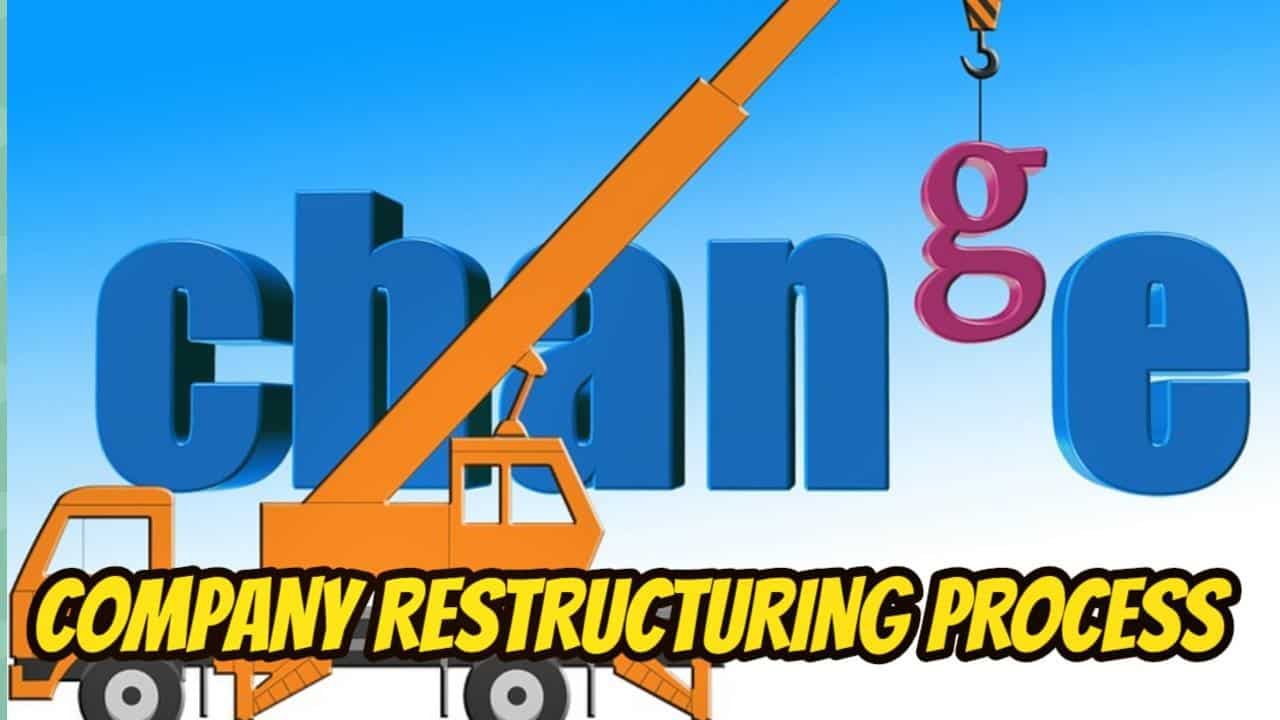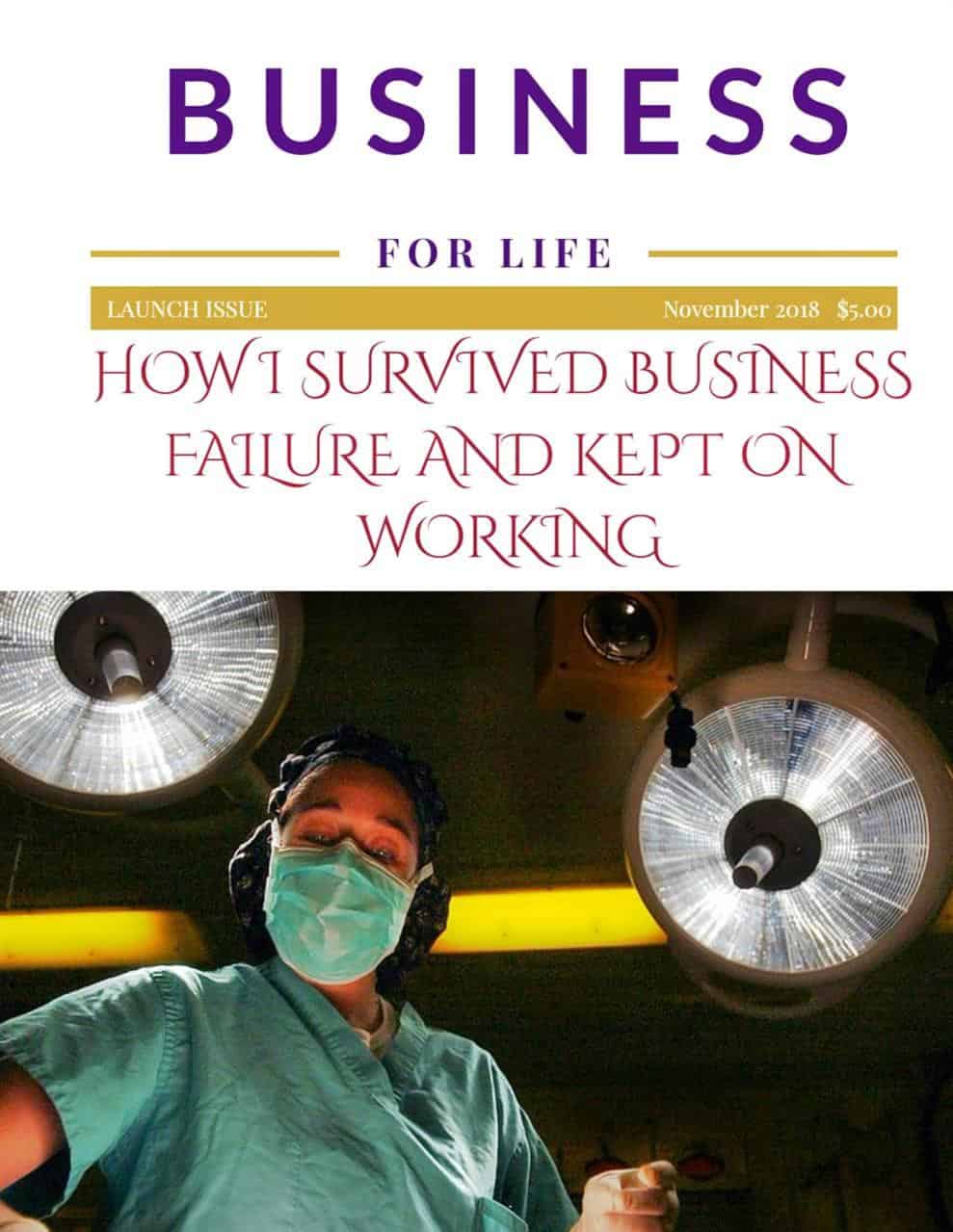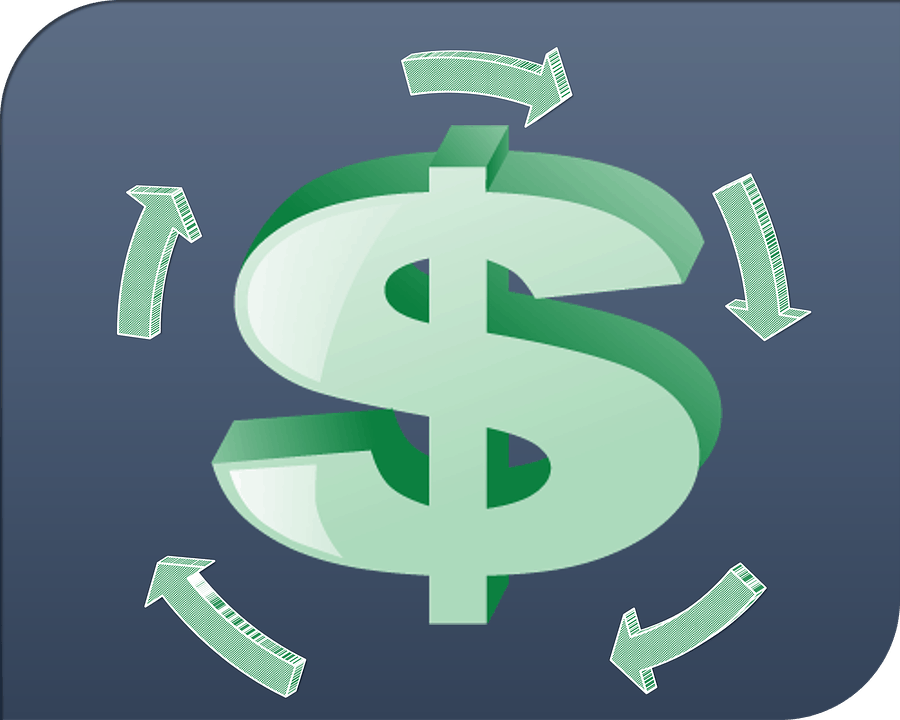If you would prefer to listen to an audio version of this what is a division i proposal Brandon’s Blog, please scroll to the bottom and click on the podcast
Introduction
Over recent times, I have been receiving increased inquiries as to what is a division i proposal. The purpose of this Brandon’s Blog is to explain what it is. No person or company actually likes to enter a restructuring process to avoid bankruptcy, so hopefully, this discussion will be helpful to those that really need it to appreciate why if necessary, it is actually easy to like it; especially a successful one!
What is a division i proposal?
Division I is one of the two divisions of Part III of the Bankruptcy and Insolvency Act (R.S.C., 1985, c. B-3). Division I is a restructuring provision. It is available to people who owe more than $250,000 and companies with any level of debt, in need of financial restructuring.
At the beginning of any consultation with an insolvent person or for an insolvent company, is to determine if a successful restructuring can be accomplished. If not, the only other realistic alternative is bankruptcy. A successful restructuring of a person will allow that person to keep the assets they wish to keep and can afford to hold onto.
A company that successfully restructures will continue to provide employment. The jobs that will be preserved are not only those of the company that restructures. Its continuing to do business with suppliers who continue to do business with the restructured company will also avoid layoffs or terminations of their own staff. The reason for this is that their own volumes will not decrease, or decrease as much as if its customers went bankrupt and could no longer buy from them.
How do I start a restructuring plan for a person?
The first thing the insolvent person or company needs to do is hire a licensed insolvency trustee (LIT) (formerly called a trustee in bankruptcy). The reason why is because a LIT is the only one in Canada authorized to administer a restructuring proposal.
The LIT will discuss with the insolvent person about the nature of his or her assets and liabilities. Which assets are financed and which are owned free and clear. There will also be a frank analysis and discussion of the person’s income and expenses. The reason for this is to do preliminary credit counselling to help the person recognize how their historical household budget (whether they actually knew it or not) needs to change. Is there room in a new solvent budget to pay for an expensive asset, or does it need to be replaced by a less expensive one? A leased or financed auto is a prime example.
I want to make that determination upfront because a financed asset given up before the debt is fully repaid will create an acceleration of the full amount of that liability claim. I will want to make sure that it is done the right way, so the new accelerated liability will be caught as a debt being compromised, not a post-filing debt not caught in the financial restructuring.
Once the issues have been identified and the realistic options identified, I will then want to work with the person to put together a realistic post-filing cash flow budget. There are three main reasons for this, being:
- I want to make sure that there is a budget that shows the person’s monthly expenses will be no more than, and hopefully less than, their monthly after-tax income.
- We must be sure that the monthly cash flow shows the person can afford the monthly payments to the LIT required to have a successful restructuring.
- One step needed to have a successful restructuring is to have such a monthly cash flow budget signed off by both the insolvent person and the LIT showing the person can survive through and afford a successful restructuring. Any creditor can request to see a copy of that signed off cash flow budget.
How do I start a corporate restructuring plan for a company?
The initial step in any corporate restructuring is for the board of directors to recognize and also resolve that the company is insolvent, that it needs to reorganize under this part of the BIA and to approve the hiring of a LIT.
I described the consultation process I first go through with a person to determine if they can successfully complete a restructuring proposal and then to start developing it. Similarly, I go through a consultation process with the senior management of the company.
I first want to determine if we have the basic requirement for a successful corporate restructuring. That basic requirement is, the company’s business, or one or more portions of the business, must be viable, notwithstanding that it is insolvent. There must be a true demand for the business and that it will be able to operate successfully once its financial position is right-sized. It may be the whole business, or it may be the case that we need to use the restructuring process to cut away the dead business units, in order to allow the viable one to survive and ultimately flourish.
By its nature, corporate restructuring is more complex than a personal one. There are many more moving parts to a company. However, the basic analysis is similar. What are the assets and liabilities of the company? Which business units are capable of being operated profitably? Which assets that are financed are essential to the future of the restructured company. Which are redundant and must be jettisoned. How will all the answers to these questions affect the company’s labour force? How many jobs will be lost and how many will be saved?
Ultimately, all these answers must be compiled into a cash flow statement. We must know does the company have sufficient financing or funds available to it so that it can properly operate during the restructuring process. There is no point in starting a restructuring if the company cannot survive the restructuring period. What will the company’s post-restructuring cash flow look like? We want to know that answer also to make sure that there is a real business that can operate profitably after coming out of the restructuring process. Just like in a personal financial restructuring, the company and the LIT must sign off on a realistic cash flow budget to show that the company can operate and survive the restructuring process.
What if the person or company needs immediate protection but is not ready to file the real proposal yet?
Just like in a bankruptcy, the filing of a Proposal brings in an immediate stay of proceedings. What this means is that no creditor can either begin or continue any action against the person or company for the enforcement or collection of a debt. Sometimes the insolvent debtor is under attack from a creditor.
Examples of proceedings against a person or company need protection from are numerous. The more standard ones are:
- They need to defend a lawsuit but can’t afford the cost and therefore a default judgment is about to be issued.
- Attendance is required at a judgment debtor examination to disclose the nature and whereabouts of their assets.
- The Sheriff may be seizing an asset that if successful, it will stop the person or company from conducting business.
The BIA provides a way for an insolvent debtor under such an attack to invoke a stay of proceedings before they are ready to file their formal restructuring plan. That option is to first file what is called a Notice of Intention To Make A Proposal (NOI). This is a BIA filing that serves as a notification to the creditors that the debtor will certainly be making a restructuring proposal but it needs to have the stay of proceedings start right now.
How the concept of NOI evolved is very interesting. Before the 1992 amendments to the BIA, there was no such thing as an NOI. However, people and companies needed to invoke an immediate stay of proceedings, but the BIA did not contain such provisions. So, what was done, is that the LIT would prepare what was called a holding proposal. All the proposal said was that I promise to file a real restructuring proposal as soon as possible. That holding proposal was then filed which brought on a stay of proceedings.
Paperwork and procedures
The LIT needs to be satisfied that: (i) all the relevant details have been gotten; (ii) the person or company has a likelihood of a successful proposal restructuring; as well as (iii) the person’s or company’s cash flow is enough that it can pay its ongoing post-filing debts through the restructuring process.
The LIT then assists the insolvent debtor in completing the necessary paperwork. The LIT also prepares its own report. The LIT then does a mailing to all known creditors to advise them of the filing of the Proposal, a means by which they can file their claim with the LIT and a description of what the process is and what it all means. The documents are:
- the Proposal
- a statement of the person’s or company’s assets and liabilities
- a listing of creditors
- the form 31 proof of claim
- the voting letter
- LIT’s report on the insolvent debtor, the Proposal and the LIT’s recommendation for voting in favour of (or against) acceptance of the Proposal
The meeting of creditors is then held to allow the creditors to vote on the Proposal. If the Proposal is accepted by the required majority of the creditors, then the LIT applies to Court for approval of the Proposal. Once approved by the Court, it forms a contract between the debtor and the creditors is formed. The person or company then needs to perform the promises it made in the Proposal to its creditors. This, of course, includes paying the necessary funding to the LIT for distribution to the creditors.
Executing on the Proposal promise
The Proposal of a person will require that insolvent debtor to make monthly payments to the LIT. The payments are made out of the person’s monthly cash flow, as indicated in its budget. The person can take up to 60 months to fulfill the promise of payments to the LIT for distribution to the creditors.
A company carries out its Proposal as it continues its operations. It hopefully succeeds in operating profitably. The firm would be conserving a particular amount of its earnings in money and paying to the LIT what is needed under the company’s restructuring strategy to create the Proposal fund it promised. The LIT after that makes the distribution to the creditors called for in the restructuring plan. When all the payments have actually been made, the company has effectively reorganized and continues its business having successfully completed its restructuring.
What happens if a Proposal is unsuccessful?
This is a very simple question to answer. What is a division i proposal if not successful? It is called bankruptcy. If a restructuring plan does not get either acceptance by the necessary majority of creditors or approval by the Court, then the person or company is automatically bankrupt. If the person or company fails to make all the payments called for, that also creates an unsuccessful restructuring. In any of those cases, It is as if the insolvent debtor filed an assignment in bankruptcy.
In that case, the LIT administering the restructuring program becomes the LIT administering a bankruptcy.
What is a division 1 consumer proposal?
I have been asked this question several times. Firstly, there is no such thing as a division 1 consumer proposal, but there is such a thing as a consumer proposal. A consumer proposal is found in Part III Division II of the BIA. So, it is called either a division 2 proposal or a consumer proposal.
Is consumer proposal worth it?
Before being able to decide if a consumer proposal is worth it, we need to understand what a consumer proposal is. The same way I described what is a division i proposal, I need to describe a consumer proposal. The consumer proposal process is a streamlined version of the personal division i proposal already described. It is only for people and not companies. Further, the person cannot owe more than $250,000, not including any loans registered against the person’s home, such as a mortgage or home equity line of credit.
I have written many times about different issues concerning consumer proposals. Rather than repeating it in Brandon’s Blog, I recommend you read my earlier blogs on the consumer proposal topic. Some of the blogs I have written for ease of reference are:
- CONSUMER PROPOSAL STORY 4 – TRUE STORIES
- ADVANTAGES AND DISADVANTAGES OF CONSUMER PROPOSALS TORONTO ON CANADA
- CONSUMER PROPOSALS: HOW MANY ARE REJECTED?
- CONSUMER PROPOSAL VS DEBT SETTLEMENT
- CONSUMER PROPOSAL CALCULATOR REVIEW FOR YOU
- Gambling and Consumer Proposals Ontario: 6 Differences With Bankruptcy
- CONSUMER PROPOSAL IN CANADA: CONSUMER PROPOSAL TORONTO ONTARIO REVIEW
- DEBT SETTLEMENT VS CONSUMER PROPOSAL CANADA: ENGLISH REALITY STAR NEEDS IT
- THE HISTORY OF CONSUMER PROPOSAL DEFINITION
- CREDIT COUNSELING: EVEN FREE MAY NOT GET YOU TO TALK
Summary
I hope that I have adequately answered the question of what is a division i proposal and how you can like it. The honest answer is that no one really does. However, if it is necessary for you or your company’s survival, it becomes very easy to like it.
Do you or your company have way too much debt? Before you reach the phase where you can’t stay afloat and where financial restructuring is no longer a viable alternative, contact the Ira Smith Team.
We know full well the discomfort and tension excessive debt can create. We can help you to eliminate that pain and address your financial issues supplying timely, realistic and easy to implement action steps in finding the optimal strategy created just for you.
Call Ira Smith Trustee & Receiver Inc. today. Make a free appointment to visit with one of the Ira Smith Team for a totally free, no-obligation assessment. You can be on your path to a carefree life Starting Over, Starting Now. Give us a call today so that we can help you return to an anxiety-free and pain-free life, Starting Over, Starting Now.
[monkeytools msnip=”https://monkeyplayr.com/playr.php?u=5173&p=21671″]










